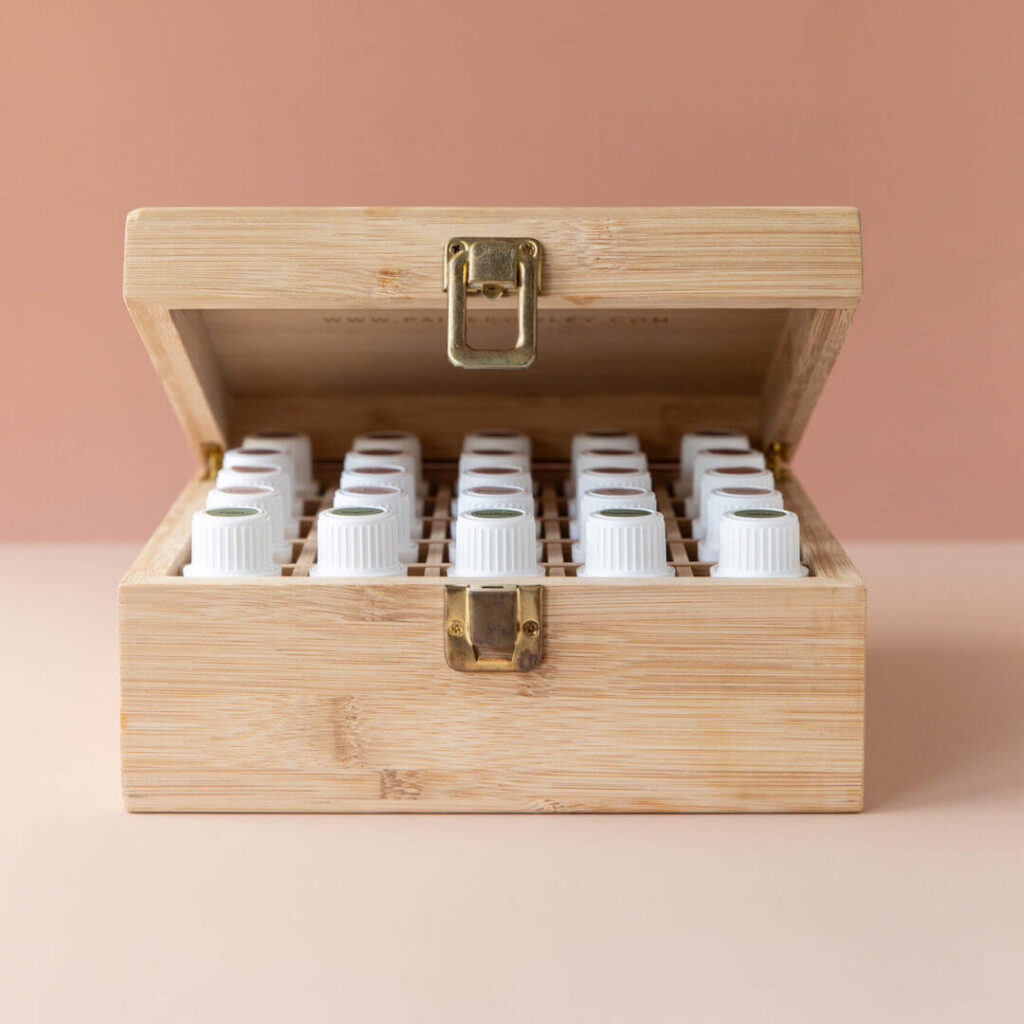
Understanding Homeopathy: A Unique System of Medicine
What Homeopathy is Not
Before diving into what homeopathy is, it’s important to clarify what it is not. Homeopathy is not herbalism or botany, nor is it a catch-all phrase for everything natural. These misconceptions often lead to confusion, but homeopathy is a distinct and structured system of medicine with its own principles and practices.
The Origins of Homeopathy
Homeopathy was founded by Samuel Hahnemann in 1796. Hahnemann, originally an allopathic doctor, sought a new system of medicine that emphasized a more ideal type of cure. He envisioned a form of therapy that could restore health rapidly, gently, and permanently, removing the whole disease in the least harmful way possible.
What Sets Homeopathy Apart
The term “homeopathy” is derived from the Greek word “homeo,” meaning similar. This is in contrast to “allopathy,” which comes from “allo,” meaning different. While allopathy treats ailments with agents that produce effects different from the disease symptoms, homeopathy operates on the principle that “like cures like.”
Illustrating the Principle: The Insomnia Example
Consider insomnia as an example. In allopathic medicine, treatment might involve a sedative to induce sleep. However, in homeopathy, the approach is different. A common remedy for insomnia is Coffea Cruda, which is derived from coffee. The idea is that since coffee typically keeps people awake, a potentized form of coffee can help cure insomnia by teaching the body how to manage wakefulness.
What is Potentisation?
Potentisation is a process in homeopathy where substances are diluted multiple times and vigorously shaken (succussed). This method is believed to unlock the etheric, or energetic, form of the original substance. In homeopathic theory, this etheric form interacts with the body’s vital force to help it deal with symptoms.
The Concept of the Vital Force
Hahnemann viewed humans as more than just physical beings; he believed we possess a vital force, an energetic essence that is the root of all disease. Homeopathy aims to work with this vital force, using the energetic properties of diluted substances to promote healing.
Returning to the Coffee Example
Let’s revisit the coffee example. According to the law of similars, if you can’t sleep, you are given something that would normally keep you awake, such as coffee. However, in its potentized form, the coffee’s etheric nature helps your body learn to manage wakefulness, allowing you to fall asleep naturally.
Totality of Symptoms
A key aspect of homeopathy is the totality of symptoms. This means considering all the unique symptoms a person is experiencing, creating a complete symptom picture. Homeopaths assess a wide range of symptoms, even those that might seem unrelated, to find the remedy that best matches the individual’s overall state.
Summary
In essence, homeopathy is a distinct system of medicine based on the principle of similars, or “like cures like.” It is an energetic form of medicine that considers the vital force within us and around us, aiming to restore health by understanding and addressing the totality of symptoms.
Are you seeking a holistic approach to health and well-being for yourself and your family? Look no further than our handcrafted Homeopathic First Aid Kit, expertly curated with 25 remedies to address a range of acute ailments and common disturbances. Kits are ready and will be sent the next business day. Pick up Wollongong NSW Australia. FREE 15-minute consultation available with purchase.
In stock
Copyright © 2025 Paige Cowley
Disclaimer: Materials on the site are intended for general information purposes only. They do not take into account your own personal circumstances. They are not intended to be relied upon and are not a substitute for advice based on your personal circumstances.